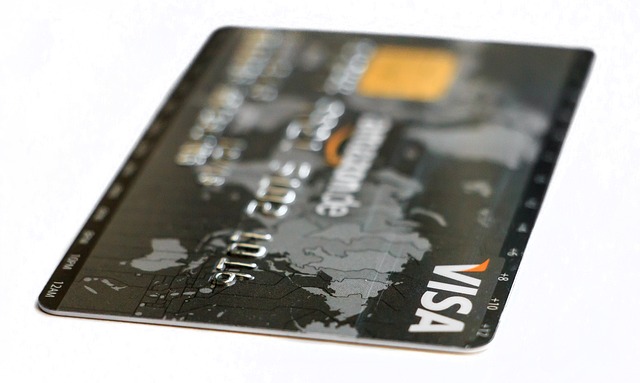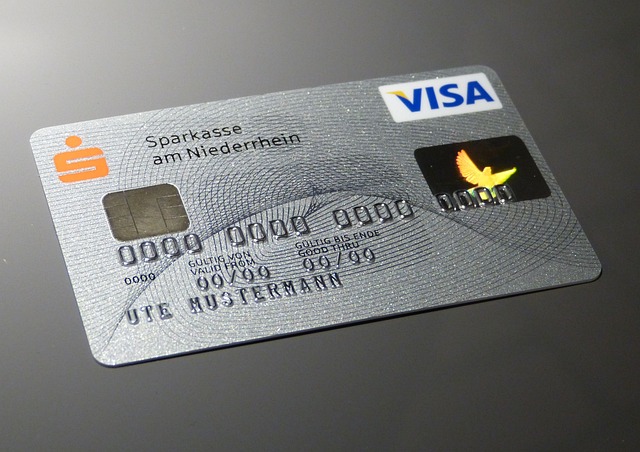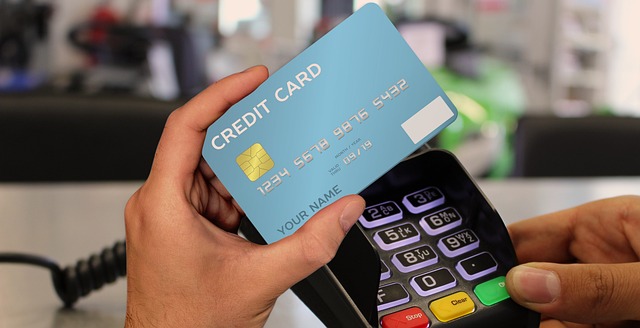Credit cards are ubiquitous in modern finance, offering convenience, flexibility, and potential rewards to consumers worldwide. This comprehensive article delves into the intricacies of credit cards, covering their types, benefits, risks, and strategies for responsible use.
Introduction to Credit Cards
Credit cards are financial instruments that allow cardholders to borrow funds from a bank or issuer to make purchases, withdraw cash, or transfer balances. Unlike debit cards that draw directly from a linked bank account, credit cards provide a line of credit with a predetermined spending limit.

Types of Credit Cards
- Standard Credit Cards: These are basic credit cards issued by banks or financial institutions, offering a line of credit based on the cardholder&8217;s creditworthiness and income.
- Rewards Credit Cards: These cards offer incentives such as cashback, travel rewards, or points for purchases made using the card. Rewards vary by issuer and card type, appealing to consumers who want to earn benefits on their spending.
- Secured Credit Cards: Designed for individuals with limited or poor credit history, secured credit cards require a security deposit that acts as collateral. They help build or rebuild credit when used responsibly.
- Charge Cards: Unlike standard credit cards, charge cards require the full balance to be paid off each month, with no option for revolving credit. They often have no preset spending limit but require responsible financial management.
Benefits of Credit Cards
- Convenience: Credit cards offer quick and easy payment methods, whether in-person, online, or through mobile devices, reducing the need for cash transactions.
- Builds Credit History: Responsible use of credit cards can help establish and improve credit scores, which is crucial for obtaining favorable loan terms, mortgages, and other financial products.
- Rewards and Perks: Many credit cards offer rewards such as cashback on purchases, travel rewards (e.g., airline miles, hotel stays), discounts on specific purchases, and insurance coverage (e.g., rental car insurance, purchase protection).
- Consumer Protections: Credit cards often come with built-in protections such as fraud monitoring, zero liability for unauthorized purchases, and dispute resolution processes that safeguard cardholders&8217; financial interests.

Risks and Considerations
- High-Interest Rates: If balances are not paid in full each month, credit cards can accrue high-interest charges, leading to debt accumulation and financial strain.
- Fees and Penalties: Credit cards may impose annual fees, late payment fees, cash advance fees, and balance transfer fees. Understanding these costs helps manage expenses effectively.
- Impact on Credit Score: Missed payments or high credit utilization can negatively impact credit scores, affecting future borrowing ability and interest rates.
- Overspending: Easy access to credit can tempt cardholders to overspend beyond their means, leading to debt problems if not managed responsibly.
Responsible Credit Card Use Strategies
- Budgeting: Set a budget and track spending to ensure credit card use aligns with financial goals and income levels.
- Payment Discipline: Pay bills on time and in full whenever possible to avoid interest charges and maintain a healthy credit score.
- Monitoring Statements: Regularly review credit card statements for accuracy, unauthorized charges, and to track spending habits.
- Utilizing Rewards Wisely: Maximize rewards by using credit cards for regular expenses and paying off balances to avoid interest charges.

Applying for a Credit Card
- Research: Compare credit card offers from different issuers, considering interest rates, rewards, fees, and terms to find the best fit for financial needs and spending habits.
- Application Process: Complete the application accurately, providing required personal and financial information. Approval is typically based on credit history, income, and other factors.
- Credit Limit and Usage: Upon approval, receive a credit limit based on financial profile. Use the card responsibly to maintain or improve credit scores.
Conclusion
Credit cards are valuable financial tools that offer convenience, rewards, and financial flexibility when used responsibly. Understanding the types of credit cards available, their benefits, risks, and strategies for responsible use empowers consumers to make informed decisions that align with their financial goals and lifestyle. By managing credit card spending wisely, monitoring balances, and paying bills on time, cardholders can leverage these tools effectively while avoiding common pitfalls associated with debt and interest charges. As financial technology continues to evolve, credit cards remain integral to everyday transactions and financial planning for individuals and businesses worldwide.